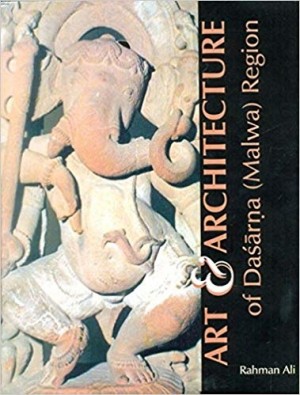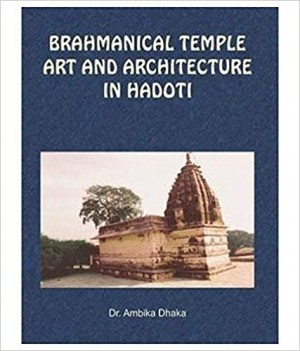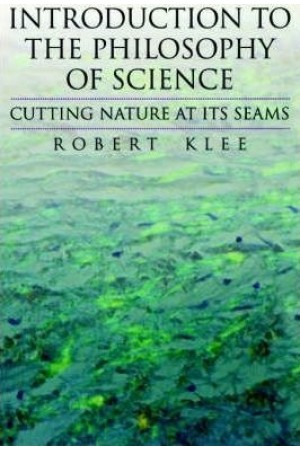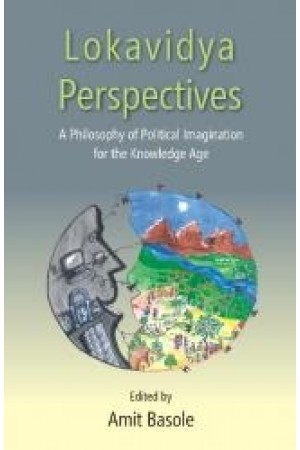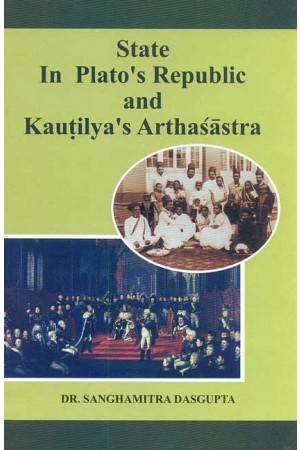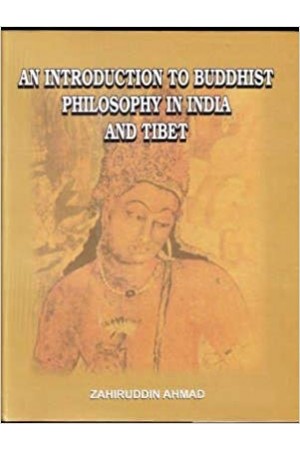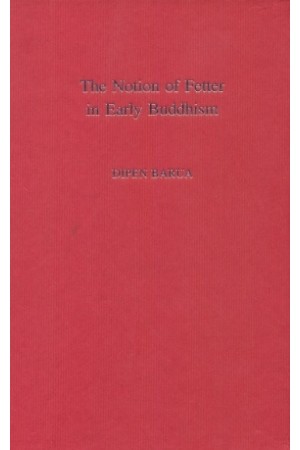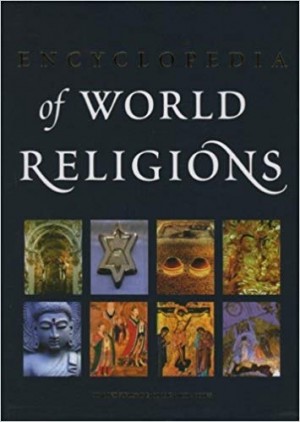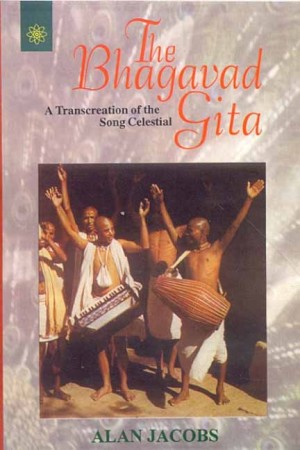- Online Book Store
- Wishlist
- Blogs
- Contact Us
- Login / Register
Nyaya Philosophy–Epistemology and Education
- Availability: In 1 Stock
- Be the first to review this product
Contents:-
1. Introduction: Purpose and Perspective
Why to Read the Following Pages?
2. Development of Epistemology
A. Western Epistemology: Thinkers and Theories
Human Knowledge in Homer and Xenophanes
Socrates Therory of Knowledge
Plato's Theory of Knowledge
Aristotle's Epistemology
Copernicus and Galileo
Bacon
Hobbes
Locke
Berkeley
Rene' Descartes
Leibnitz
Spinoza
Hume
Kant
Hegal
Newton
Russell
A. N. Whitehead
Wittgenstein
An Empiricist View of Knowledge
A Rationalist View of Knowledge
Pragmatism
B. Indian Epistemology: An Overview
The Vedic Literature
Theory of Knowledge in the Vaisesika Sutras VS
Epistemology of the Samkhya System
Epistemology of the Yoga Sutras
The Mimamnsa Epistemology
Theory of Knowledge in the Sabarabhasya of the Mimamsa-Sutras
The Mimansa Epistemology according to Kumarila Bhatta
The Vedanta Epistemology
Samkara's Theory of knowledge and Reality
Ramanuja's Doctrine of knowledge and Reality
The Jaina and Buddhist Epistemology
The Beginning of Jaina Epistemology in Umasvati's Tattvadhigama-Sutra TS
The Lager Jaina Epistemology
The Buddhist Epistemology
Theories of Direct Knowledge and Inference in the Nyaya-Bindu of Dharma-kirit
Epistemology in the New School of Logic-Navya-nyaya
3. Nyaya Philosophy: Its Epistemological Assumptions
What is Nyaya?
Origin of Nyaya School and its Pioneer Contributors
Gangesia and his Successors
Subject Matter of Nyaya
A. Nature of Knowledge
Basic Epistemological Assumptions
Knowledge
Knowledge-Its Forms
Valid Knowledge-Prama
Invalid Knowledge
Memory-Smrti and Dream
Causes of Memory
Dreams
Doubt-Samsaya
Error-Viparyyaya and Illusion-Bhrama
Hypothetical Reasoning-Tarka
Pramana
Pramana-Its Scope
The Nyaya Theory of Extrinsic Validity
B. Methods of Knowledge
Methods of Knowledge-Pramanas
Perception as a Method of Knowledge
Pratyaksa Pramana
a. Indriyarthasannikarsa-Sense -Object Contract
b. Anyapadesyam-Unnameable
c. Non-Erroneous-Avyabhicari
d. Determinate-Vyavasayatmaka
The Psychology of Perception
Function of the Senses
The Nature and Function of Mind-Manas
Self
The Nyaya Theory of Self
Divergent Views Regarding the Self
Indriyatmavada
Manasatmavada
Budhyatmavada
Indriyadhisthanavada
C. Ordinary Perception and its Objects
Different Kinds of Perception
Modes of Ordinary Perception
Nirvikalpaka and Savikalpaka Perceptions
Recognition-Pratyabhijna
Extraordinary Perception
Jnanalalsana as Acquired Perception
Yogaja or Intuitive Perception
Perception of Substances-Dravya
Perception of Attributes-Guna and Actions-Karma
Karma-Actions
Samanya-Universality
Visesa
Samvaya-Inherence
Perception of Non-Existence-Abhava
Internal Perception and its-Objects
D. Inference (Anumana)
Nature and Scope of-Anumana
Distinction between Perception and Inference
The Constituents of Inference
The Forms of Anumana
The Puravat, Sesavat and Samanyatodrsta
Kevalanvayi, Kevala-Vyatireki and Anvaya-Vyatireki
Inference
The Logical Form of Inference (Anumana)
Pararthanumana and Svarthanumana
The Problem of Vyapti
Logical and Psychological Bases of Inference
Vyapti
The Psychological Ground of Inference (Paksata)
Fallacies (Hetvabhasa)
E. What if Upamana?
The Nature of Upamana (Comparision)
The Role of Sadrsya (similarity) in Upamana
Upamana as an Independent Source of Knowledge (Pramana)
F. Verbal Testimony (Sabda)
Words (Pada)
Kinds of Word
Import of Words
Sentence (Vakya)
The Import of Sentences
4. Nyaya Epistemology and Education
A. Zeroing in on Education
B. Pedagogy: A Paradigm Shift
| Title | Nyaya Philosophy–Epistemology and Education |
| Author | Dr. Arvind Kumar Jha |
| ISBN | 818747117406 |
| Publisher | Standard Publishers (India) |
| Binding | Hardcover |
No Tag(s).
Bought a Product, Please login & give your review !!
No Review(s).
Bought a Product, Please login & give your review !!




